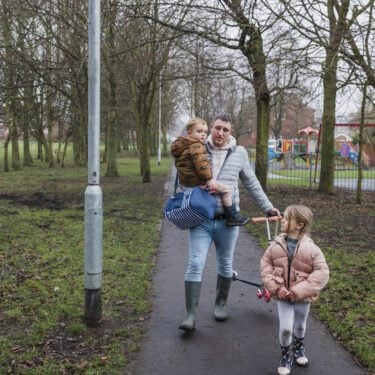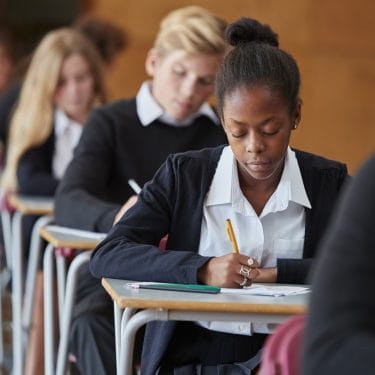-
Professor Emilia Del BonoUniversity of Essex
-
James SimonRestorative Justice Council
-
Dr Angus HolfordUniversity of Essex
-
Dr Luca FaveroUniversity of Essex
Project overview
This project will examine whether Relational and Restorative Practice (RRP) can help schools manage behaviour in ways that are less damaging and fairer than suspensions and permanent exclusions.
Why is this important?
from various sources suggests that poor behaviour in schools has risen. For example, the NASUWT found that 89% of teachers say pupil violence and disruptive behaviour has increased in recent years. Additionally, according to data from the Department for Education, 52% of teachers and school leaders cite pupil conduct as a reason for leaving the state sector in 2024, up from 41% in 2023. Schools have correspondingly made greater use of exclusion to manage behaviour. In 2022/23 England recorded 9,400 permanent exclusions, a 44% increase from 2021/22, and the highest annual number on record.
The emphasis of RRP is on making, maintaining, and repairing relationships whenever these are damaged by harmful or disruptive behaviours, and ensuring everyone has a voice. The approach has been adopted in English schools since the late 1990s. The approach has developed into a whole-school proactive strategy aimed at improving school climate and student-teacher relationships. However, the evidence base on the efficacy of RRP is thin.
What does it involve?
The research team therefore have two primary aims:
- Document the prevalence of RRP across 10% of English primary and secondary schools.
- Evaluate whether RRP leads to better outcomes for pupils and teachers in terms of exclusions, academic progress, post-16 trajectories, contact with the criminal justice system, and teacher retention.
In pursuit of the first aim, a national representative sample of schools will be selected from the government’s Get Information About Schools database and systematic text analysis will identify references to RRP and generate an RRP score for intensity of implementation.
For the second aim, the causal impact of RRP on pupil and teacher outcomes will be evaluated using matched difference-in-difference methods, comparing fully restorative schools with similar non-restorative schools.
How will it make a difference?
Findings will be shared with teachers, headteachers, unions, RRP training providers, non-governmental organisations, policymakers, and the public. Dissemination activities will include interim and final reports, policy briefs, and workshops. Ultimately, the project aims to inform practitioners and policymakers by highlighting how RRP influences outcomes for pupils and teachers, and by exploring how the effectiveness of RRP depends on mode of implementation, other behavioural policies, and the broader school context.












































